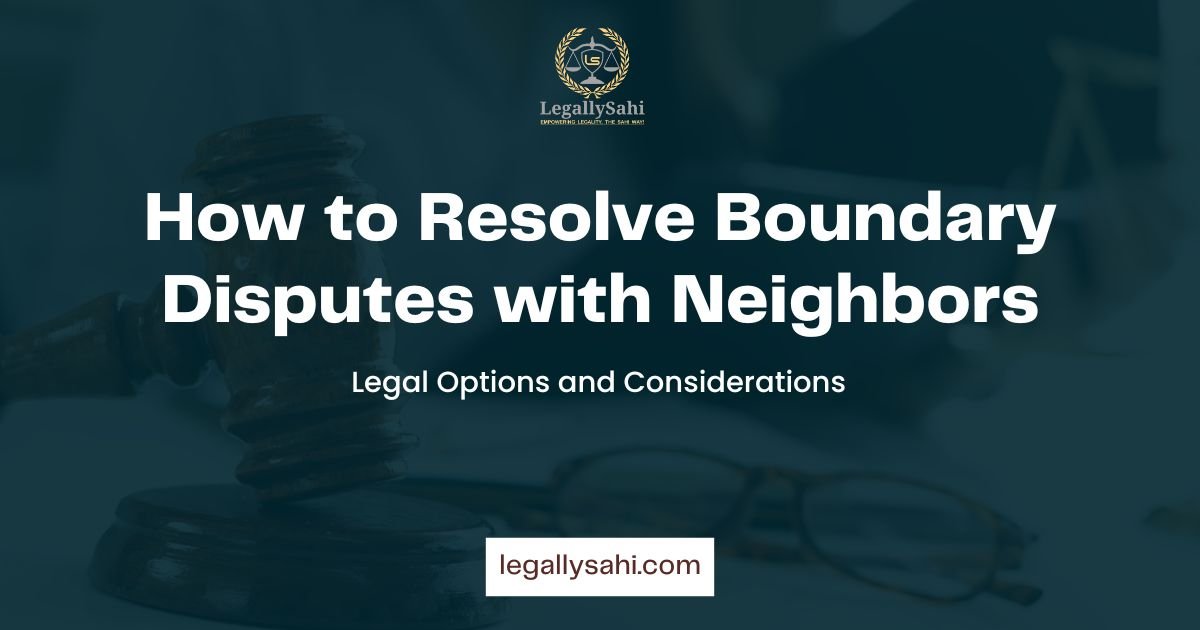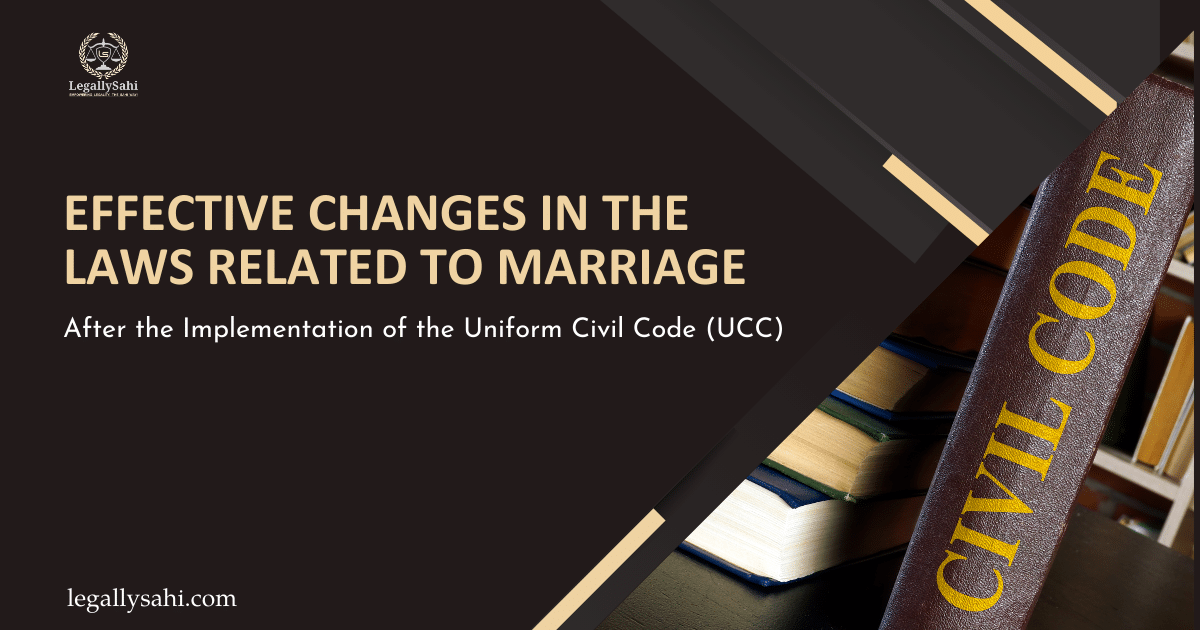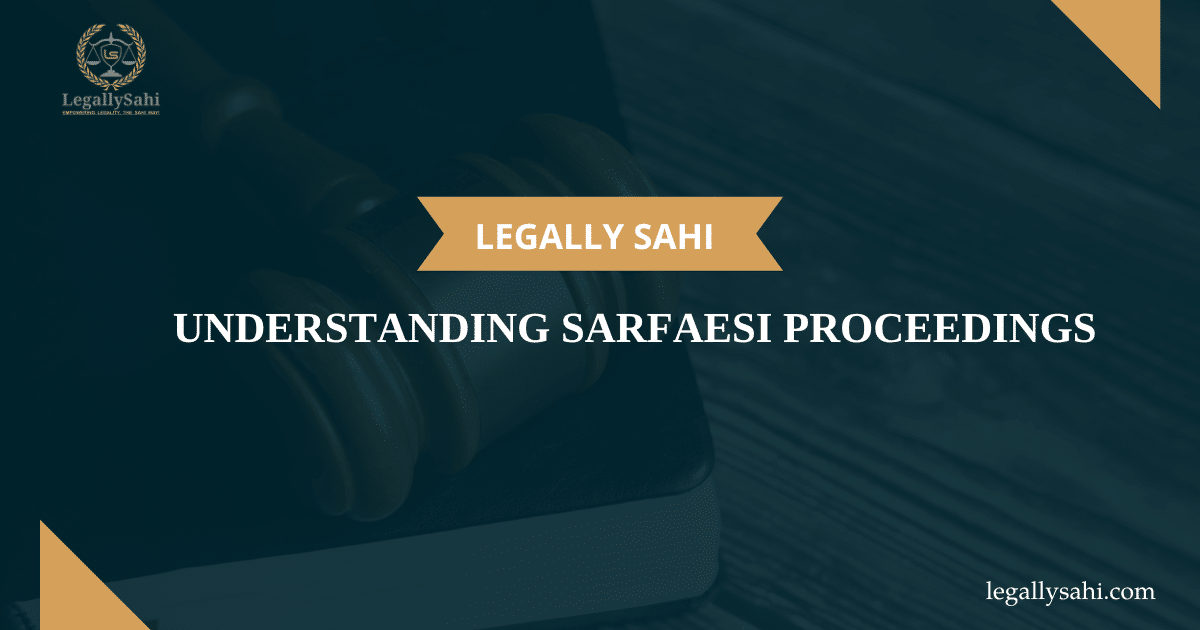Boundary disputes between neighbors are common and can lead to significant tension and conflict. These disputes often arise from unclear property lines, encroachments, or disagreements over land use. Resolving these disputes amicably and legally is crucial to maintaining good neighborly relations and protecting your property rights. This blog will guide you through the various legal options and considerations for resolving boundary disputes with neighbors, with reference to relevant acts and laws.
Understanding Boundary Disputes
A boundary dispute occurs when two parties disagree over the location of the property line separating their land. Common causes of boundary disputes include:
- Unclear Property Lines: When property lines are not clearly defined or marked, disputes can arise over where one property ends and another begins.
- Encroachments: This occurs when one neighbor builds or extends a structure (such as a fence, shed, or driveway) onto the other neighbor’s property.
- Adverse Possession: A situation where one neighbor claims ownership of a portion of the other neighbor’s land after using it openly and continuously for a certain period.
- Misunderstandings or Errors: Discrepancies in property descriptions, surveys, or deeds can lead to confusion and disputes.
Relevant Acts and Laws
In India, boundary disputes are primarily governed by various property and land laws. The following acts and laws are particularly relevant:
- The Transfer of Property Act, 1882: This act governs the transfer of property between individuals and includes provisions related to property boundaries and ownership rights.
- The Indian Easements Act, 1882: This act deals with easements, which are rights to use another person’s land for a specific purpose. It is relevant in cases of encroachment and shared boundaries.
- The Limitation Act, 1963: This act outlines the time limits within which legal action must be taken, including claims of adverse possession.
- The Indian Registration Act, 1908: This act requires the registration of certain property documents, which can help clarify property boundaries and ownership.
- The Land Acquisition Act, 1894: Although primarily focused on government acquisition of land, this act also addresses issues related to property boundaries and compensation.
Steps to Resolve Boundary Disputes
Resolving boundary disputes requires a systematic approach, often starting with informal negotiations and, if necessary, escalating to legal action. Here’s a step-by-step guide:
1. Review Property Documents
The first step in resolving a boundary dispute is to gather and review all relevant property documents. These may include:
- Deeds: Check the legal descriptions in the property deeds for both properties.
- Surveys: Obtain a recent survey of your property. A surveyor can provide an accurate map showing the boundaries.
- Title Documents: These documents can provide additional information about the property boundaries and any historical changes.
2. Communicate with Your Neighbor
Open and honest communication with your neighbor is often the best way to resolve a boundary dispute. Discuss your concerns and share any documentation you have. Aim to reach a mutually agreeable solution without escalating the conflict.
3. Hire a Professional Surveyor
If the dispute cannot be resolved through discussion, hiring a professional surveyor is the next step. A surveyor can provide a detailed and accurate measurement of your property lines. The surveyor’s report can serve as crucial evidence in negotiations or legal proceedings
4. Seek Mediation
Mediation is a voluntary process where a neutral third party (the mediator) helps both parties reach a settlement. It’s a cost-effective and less adversarial option compared to litigation. Mediation can be particularly useful if both parties are willing to cooperate and compromise.
5. Consult a Civil Lawyer
If mediation fails or if the dispute is complex, consulting a Civil Lawyer is essential. A lawyer specializing in property law can provide legal advice, review your documentation, and represent you in negotiations or court proceedings if necessary. They can also explain your rights and options under the law.
6. Consider Legal Action
If all else fails, you might have to take legal action to settle the boundary disagreement. Legal action can be time-consuming and costly, but it may be necessary to protect your property rights. A judge will review the evidence and make a legally binding decision on the boundary location.
Legal Options for Resolving Boundary Disputes
When informal negotiations and mediation fail, legal options become necessary. Here are some of the legal avenues you can pursue:
1. Quiet Title Action
A quiet title action is a lawsuit filed to establish ownership of property and “quiet” any challenges or claims to the title. This legal action is often used to resolve disputes over unclear or disputed property boundaries. The court’s decision will establish a clear title and boundary line.
2. Adverse Possession Claim
Adverse possession lets someone take ownership of land if they meet certain conditions. If you or your neighbor have used a disputed piece of land openly, continuously, and without permission for a specific period (which varies by jurisdiction), you might be able to claim ownership through adverse possession. The Limitation Act, 1963, typically requires 12 years of continuous use for a claim of adverse possession.
3. Easement Dispute Resolution
Easements grant the right to use someone else’s property for a specific purpose, such as access to a road or utility lines. If a boundary dispute involves an easement, legal action might be necessary to define or modify the easement rights. This can ensure that both parties understand their rights and obligations regarding the use of the property.
4. Injunctions and Court Orders
In cases of encroachment, you can seek an injunction from the court to stop your neighbor from continuing the encroachment or to remove existing structures that violate the boundary. A court order can compel the neighbor to cease certain actions and restore the property to its rightful state.
Considerations When Dealing with Boundary Disputes
Resolving boundary disputes requires careful consideration of various factors to ensure a fair and lasting solution. Here are some important considerations:
- Cost and Time
Legal proceedings can be expensive and time-consuming. Weigh the costs of legal action against the value of the disputed property. In some cases, compromise or mediation might be more practical and cost-effective. - Neighbor Relations
Maintaining a good relationship with your neighbor is important, especially if you plan to live in the property long-term. Consider the impact of the dispute resolution process on your neighborly relations. Aim for a solution that preserves or restores harmony. - Long-Term Implications
Ensure that the resolution of the dispute is documented and legally binding to prevent future conflicts. Update property records and deeds to reflect the agreed-upon or court-ordered boundaries. - Legal Advice
Professional legal advice is crucial throughout the process. A Civil Lawyer can guide you on the best course of action, help you understand your rights, and represent you in negotiations or court. - Local Laws and Regulations
Property laws vary by jurisdiction. Familiarize yourself with local laws and regulations that may affect your boundary dispute. A local Civil Lawyer will have the necessary knowledge to navigate these legal complexities.
Conclusion
Boundary disputes with neighbors can be challenging and stressful, but they can be resolved through a combination of open communication, professional mediation, and legal action when necessary. Understanding your legal options and considerations is crucial to protecting your property rights and maintaining good neighborly relations.
If you find yourself in a boundary dispute, consider seeking legal assistance to ensure a fair and effective resolution. At Legally Sahi, we are always here to help with expert guidance and support in resolving property disputes and other legal matters. Contact us today for professional legal advice and assistance. Thank you for reading, and we look forward to assisting you with your legal needs.





